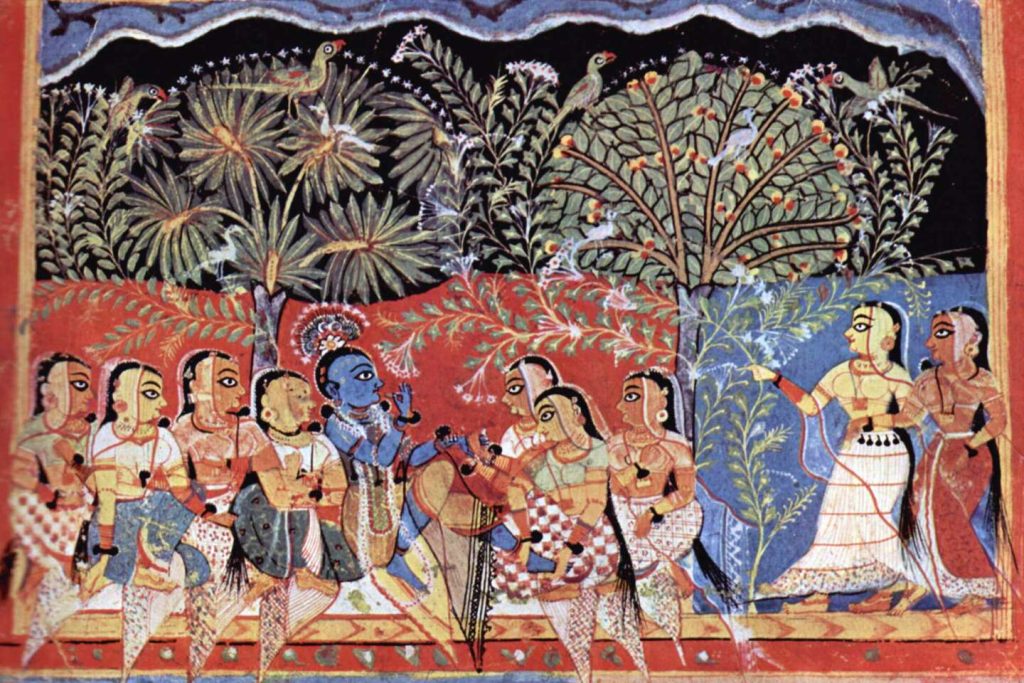Poetry and religion have at least one common point: they claim the use of a language that goes beyond rational discourse. Sometimes, the two come together to try to penetrate the deepest mysteries of reality, which are ineffable in common language, considered “sacred” by some. Both monotheistic and polytheistic religions have experienced great poets in different places and times, starting perhaps with the writers of sacred texts themselves. “Bible et poésie”, by Michael Edwards, published by Presses universitaires de France in 2023, explores this intersection in 167 pages for 13 euros.
Michael Edwards is a paradoxical figure: a British citizen and a member of the French Academy, an imaginative poet and a serious literary critic, a specialist in Shakespeare and Racine who converted to Catholicism in the late 1950s, driven by the intuition that there must be another way to understand the world beyond “reason and the senses”. Edwards connects this intuition to the essence of poetry. He expresses regret that Christianity often overlooks the essential poetic dimension of the Bible, focusing only on extracting meaning and lessons, and paraphrasing the original Greek or Hebrew text in translation. He aims to restore the value of words.
Edwards writes, “The existence of poetry is revealing. Through its strange body, modified syntax, unexpected word associations,… it changes everything it touches. It always does so, regardless of the poet’s religious beliefs or lack thereof.” Poetry, like revelation, reveals another way to perceive the world. Therefore, Bible and poetry are two terms that go well together. In another work, “Orphée. Poèmes magiques et cosmologiques”, edited by Alain Verse and published by Les Belles Lettres in 192 pages for 21 euros, explores the mysterious figure of Orpheus, a poet, diviner, musician, and singer credited with a theogony and multiple poems.
From the Greek Homer to the Chinese Zhuangzi, the founders of civilizations are often shrouded in mystery. Orpheus stands out as one of the most enigmatic figures, challenging typical categorizations of human nature. Somewhere between human, animal, and divine, Orpheus is credited with founding the Mysteries, secret religious cults in ancient Greece. The Orphic cosmogony, which places water as the foundation of everything and a primordial egg as the origin of heaven and earth, is considered one of the oldest revelations that later philosophical currents, such as Neoplatonism, sought to harmonize with Platonism. Luc Brisson, a philosopher and Orphism specialist, reflects on Orpheus’s significance in a postface of the book.
Overall, the relationship between poetry and religion is explored through the works of poets who delve into the mysteries of the world and challenge conventional modes of understanding. Through the lenses of Orphism and the Bible, the power of language to reveal deeper truths beyond mere words is highlighted. Both literature and spirituality intersect in the quest for meaning and understanding, conveying the ineffable through the beauty of language and the exploration of the unknown. The exploration of these themes sheds light on the rich tapestry of human creativity and the enduring quest for knowledge and revelation.


